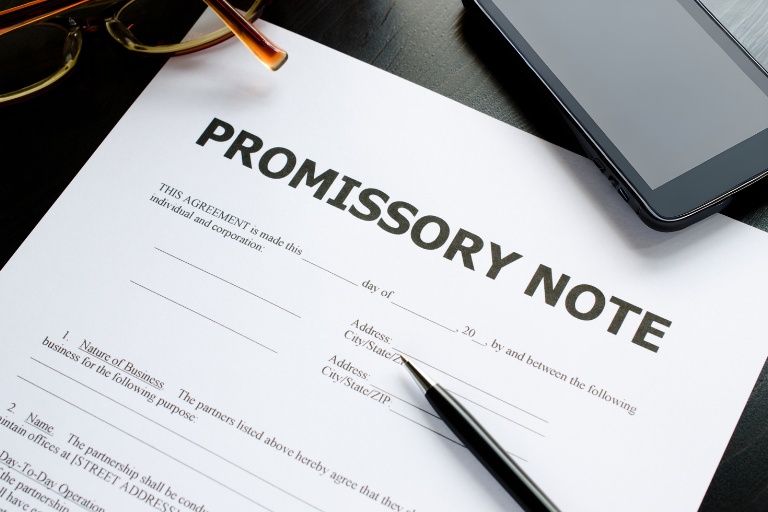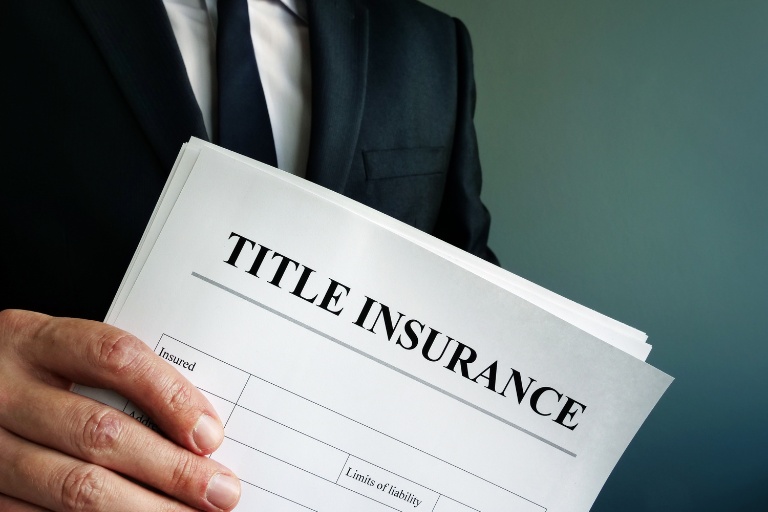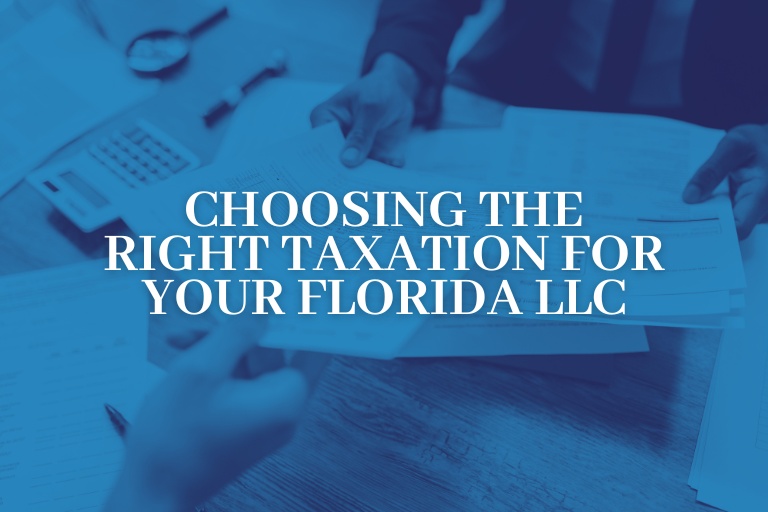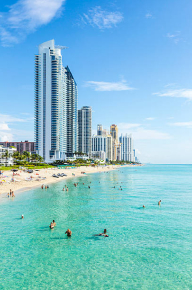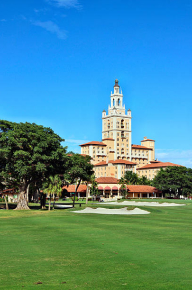From Estate Planning to Business Law, Asset Protection to Real Estate, and Tax Planning to Compliance—your future, safeguarded from every angle.
How Does Florida’s Homestead Protection Work in Estate Planning?
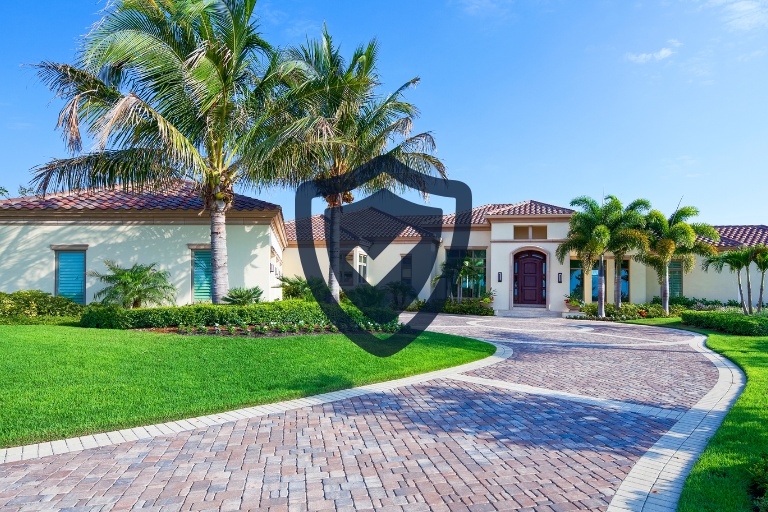
Table of Contents
Understanding One of Florida’s Most Powerful Legal Shields for Families and Real Property
What Is Florida’s Homestead Protection?
Florida’s homestead protection is one of the most powerful legal tools available to homeowners in the state—and one of the most misunderstood in estate planning.
At its core, Florida’s homestead protection is designed to:
- Protect your primary residence from most creditor claims
- Restrict how your home can be devised (left in a will)
- Provide tax savings and assessment caps through the Florida Save Our Homes Amendment
It’s rooted in the Florida Constitution (Article X, Section 4) and Florida Statutes (particularly Chapter 732), making it constitutionally protected, not just statutory.
The Three Dimensions of Homestead in Florida
To understand how homestead affects estate planning, you need to know the three distinct legal meanings of homestead in Florida:
- Creditor Protection
- Your primary residence is exempt from forced sale to satisfy most unsecured creditor claims
- This protection is unlimited in value (unlike other states)—but limited in land size (½ acre in a municipality, 160 acres elsewhere)
- Tax Benefits
- Florida’s Homestead Exemption offers up to $50,000 in property tax savings
- The Save Our Homes cap limits annual assessment increases to 3% or CPI, whichever is lower
- Restrictions on Devise
- If you are married or have minor children, you cannot freely give away your homestead in a will
- Special inheritance rules apply—and they can override your trust or estate plan if not carefully handled
Why Homestead Affects Estate Planning in Florida
Because of its constitutional status, Florida homestead law can override your will or trust if the property is not properly addressed.
A common example:
A Florida homeowner writes a will leaving her home to her adult daughter. She later marries but does not update her will. When she dies, the law automatically gives the home (or a life estate in it) to the surviving spouse, regardless of what the will says.
That’s why estate planning attorneys in Florida must always analyze whether a property qualifies as homestead before drafting documents.
How Homestead Affects Surviving Spouses and Minor Children
If a Florida homestead owner dies with a surviving spouse or minor children, the state’s default rules apply—even if the will says otherwise.
⚖️ Here’s what happens:
- If there is a surviving spouse and minor children:
- The home cannot be devised (left to anyone in a will or trust)
- The spouse receives a life estate in the property
- The children (even if minors) receive remainder interest
- If there is a surviving spouse but no minor children:
- The spouse can choose between:
- A life estate, or
- A 50% interest as tenants in common with the decedent’s heirs
- The spouse can choose between:
- If there are minor children but no surviving spouse:
- The property passes automatically to the children, outside the will
❗This means: If your trust leaves the homestead to someone other than your spouse/minor child, that gift may fail under Florida law.
What Happens If You Leave Your Homestead to Someone Else in Your Will?
This is where many estate plans fall apart.
✅ If you are single with no minor children, you may freely leave your homestead to whomever you wish.
🚫 But if you have a spouse or minor child, you are constitutionally restricted from devising the homestead as you please.
Attempting to do so can result in:
- The devise being invalid
- A forced reversion to statutory default inheritance rules
- Potential probate litigation among heirs
This is why properly waiving homestead rights in a prenuptial or postnuptial agreement is a critical part of estate planning for blended families or second marriages.
Creditor Protection of Florida Homestead
From an asset protection perspective, Florida’s homestead is considered one of the most powerful shields in the U.S.
The protection:
- Prevents unsecured creditors (like credit cards, lawsuits, and judgments) from forcing the sale of your home
- Is unlimited in value (you can own a $10M mansion with zero equity exposure—if it qualifies as homestead)
- Survives your death, protecting the home as it passes to your heirs (as long as they maintain the homestead)
But be careful:
- Mortgage lenders, HOAs, and property tax authorities can still foreclose
- Improper planning (like transferring the property to an LLC or out-of-state trust) can destroy homestead status
Homestead and Revocable Trusts: What to Know
Many Floridians place their home in a revocable living trust to avoid probate. Good idea—but it must be done correctly.
The trust:
- Must explicitly state that the home is a Florida homestead
- Should preserve homestead protections in its language
- Cannot conflict with the Florida Constitution or statutes (e.g., devise restrictions)
Common mistake:
Placing a homestead into a trust that doesn’t properly carve out the spousal or minor child rights—leading to partial invalidation of the trust’s terms.
Also, placing the home in an irrevocable trust may forfeit homestead status unless carefully drafted.
How to Avoid Mistakes in Estate Planning with Homestead
Homestead law is a landmine of technicalities. Even seasoned attorneys from other states often get tripped up in Florida.
Here’s how to protect yourself:
✅ Work with a Florida-based estate planning attorney who understands constitutional homestead law
✅ Don’t rely solely on your will or trust—review the impact of homestead
✅ Update your documents after major life events (marriage, children, home purchase, relocation)
✅ Use waivers in prenuptial or postnuptial agreements where appropriate
✅ Plan for what happens if your spouse or minor children survive you
Special Issues for Non-Residents and Snowbirds
If you split your time between Florida and another state, or recently moved to Florida, your intent to make the property your primary residence is essential.
To qualify for Florida’s homestead:
- You must be a Florida resident (not just own property here)
- You must occupy the home as your permanent residence
- You must file a homestead declaration and exemption application
Snowbirds who declare residency elsewhere or own other homes may lose:
- Their tax benefits (Homestead Exemption & Save Our Homes)
- Their constitutional protections
TIP: The homestead protections apply only to natural persons—not to LLCs, corporations, or foreign entities.
How Bianchi Fasani Green Law Helps Florida Families
At Bianchi Fasani Green Law PLLC, we specialize in estate planning, asset protection, and real estate law with deep expertise in Florida’s unique homestead framework.
From our offices in Miami and Key Biscayne, we’ve helped Florida families:
- Preserve the family home for future generations
- Avoid probate and costly litigation
- Draft valid trusts and wills that comply with homestead restrictions
- Structure prenuptial and postnuptial agreements with valid waivers
- Protect multimillion-dollar homes from creditors while maintaining legacy plans
Our attorneys review every client’s homestead status and integrate it into their estate plan—because in Florida, a one-size-fits-all strategy can do more harm than good.
Final Thoughts
If you live in Florida and own your home, your homestead is one of your greatest legal and financial assets. But with great power comes great complexity.
Failing to understand Florida’s homestead protections can:
- Invalidate your will or trust
- Trigger inheritance disputes
- Jeopardize tax savings and creditor shields
Let us help you create a plan that honors your wishes—and protects your loved ones.
Schedule a consultation at bfg.law. Secure your homestead. Protect your legacy.

